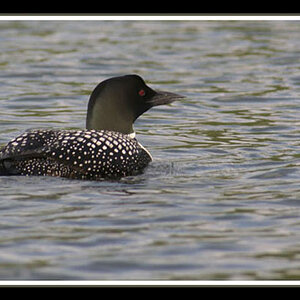soylentgreen
TPF Noob!
- Joined
- Feb 27, 2007
- Messages
- 735
- Reaction score
- 2
- Location
- Miami, FL
- Can others edit my Photos
- Photos NOT OK to edit
...i just checked out that 24-70 f2.8 L on the internet, and since it hasnt got the IS, what will that affect really? is that just when im taking a photo and say im moving while snapping the pics, and the photo turns out blurry?
IS is not a neccessity. Good to have, but photographers have been taking plenty of great photos without it. IS just helps you shoot in lower-light situations with a slower shutter-speed more easily. With good technique, or a tripod, you should be able to accomplish the same without IS. Not having IS is nothing for the 24-70. It is regarded as one of the best zooms in the industry.


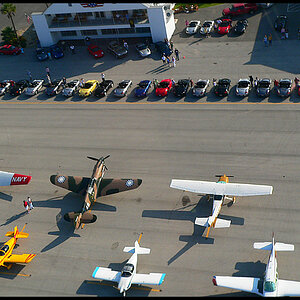
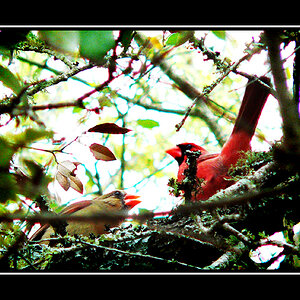
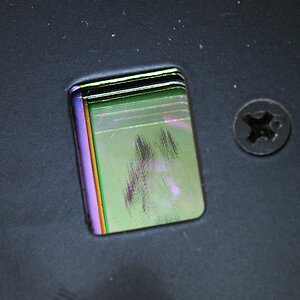
![[No title]](/data/xfmg/thumbnail/35/35960-06c2714b6ed3da761ad1b4a0a0f6cb11.jpg?1619737275)
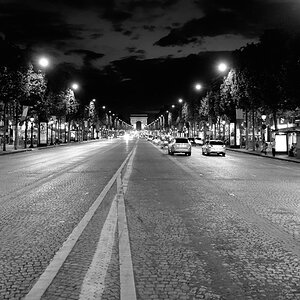
![[No title]](/data/xfmg/thumbnail/32/32699-3434a76363cb383404e00a3cd5ed5728.jpg?1619735601)


